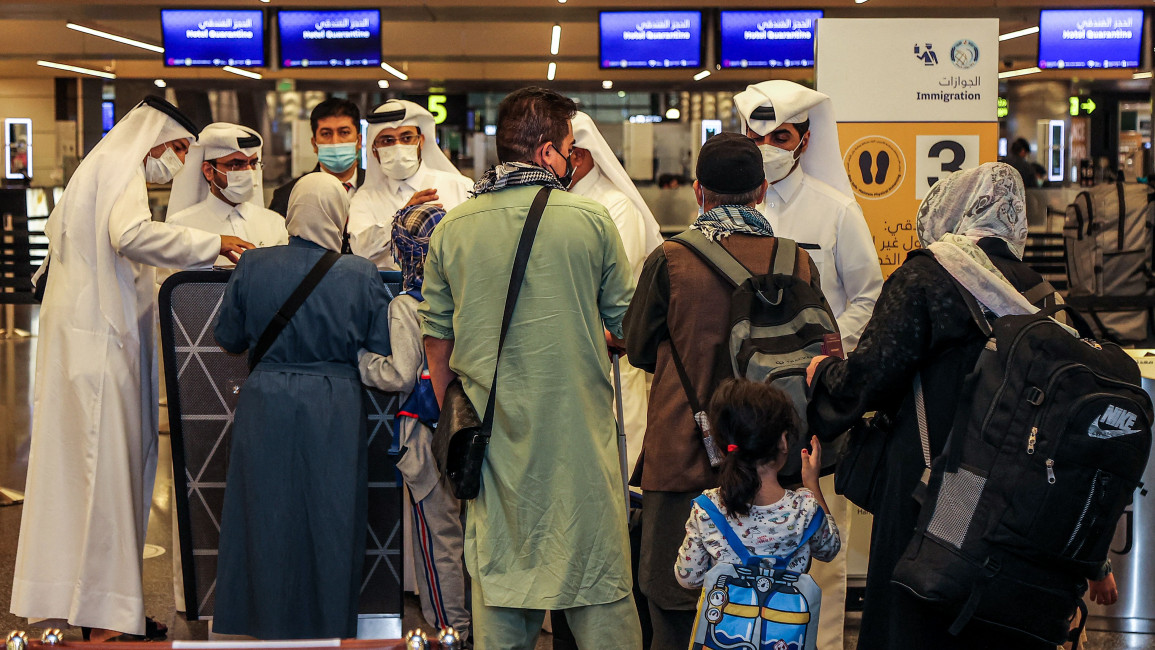Refugee rights group urges transparency, greater resources in US refugee processing
The International Refugee Assistance Project issued a report this month outlining suggestions for how the US government can improve its processing of refugees.
The 16-page report, published in mid-January, provides proposals on how the US government can improve its practices of resettling refugees. In general, they’re calling for expanding resources, better transparency, reducing backlogs and prioritising family reunifications.
These suggestions are similar to pledges US President Joe Biden made when he first came to office. The US Citizenship Act of 2021, which he proposed on his first day in office, pledged better transparency, an end to family separation, and to embrace diversity. IRAP’s report notes that it includes several goals from Biden’s refugee executive order from 2021.
IRAP’s recommendations, however, provide details on the importance of implementing these new measures, like opening international offices and increasing private sponsorships.
It is estimated that 100,000 refugees currently have pending cases, a high number that the report says endangers the future of the refugee resettlement program, with an infrastructure that does not have the capacity to accommodate everyone trying to use the services.
In a press briefing this week, applicants struggling to get processed shared their experiences, showing that behind these numbers are thousands of human stories.
“I applied to resettle in the United States as a refugee through the P-2 Direct Access Program for U.S.-Affiliated Iraqis because my work with the United States army in Iraq put my life at risk, and I have been waiting seven years for a decision in my case,” said an IRAP client, speaking anonymously.
“I sacrificed for the US government and feel betrayed by this treatment in return. I have lost so much during these years: my home, my books, and most importantly, the ability to be with my wife and children through precious milestones in their lives. There is no light at the end of this tunnel for us right now. We cannot spend our lives chasing a mirage. On behalf of myself, my family, and everyone else in my situation, I ask the Biden Administration to fix this broken US refugee program.”



